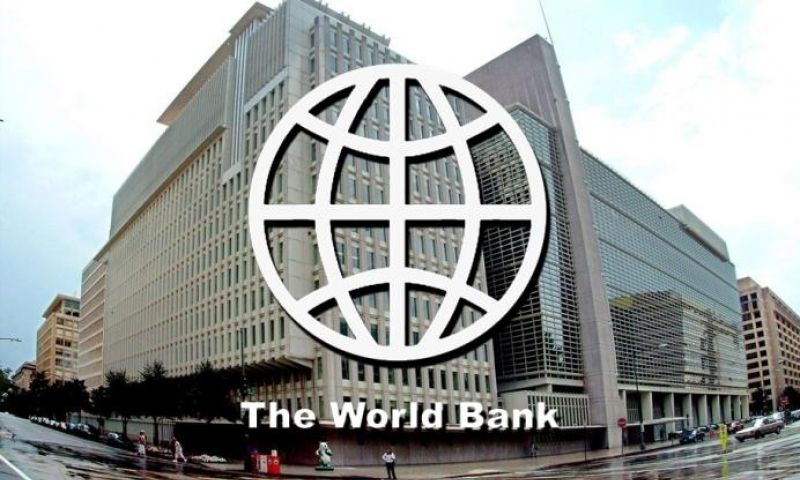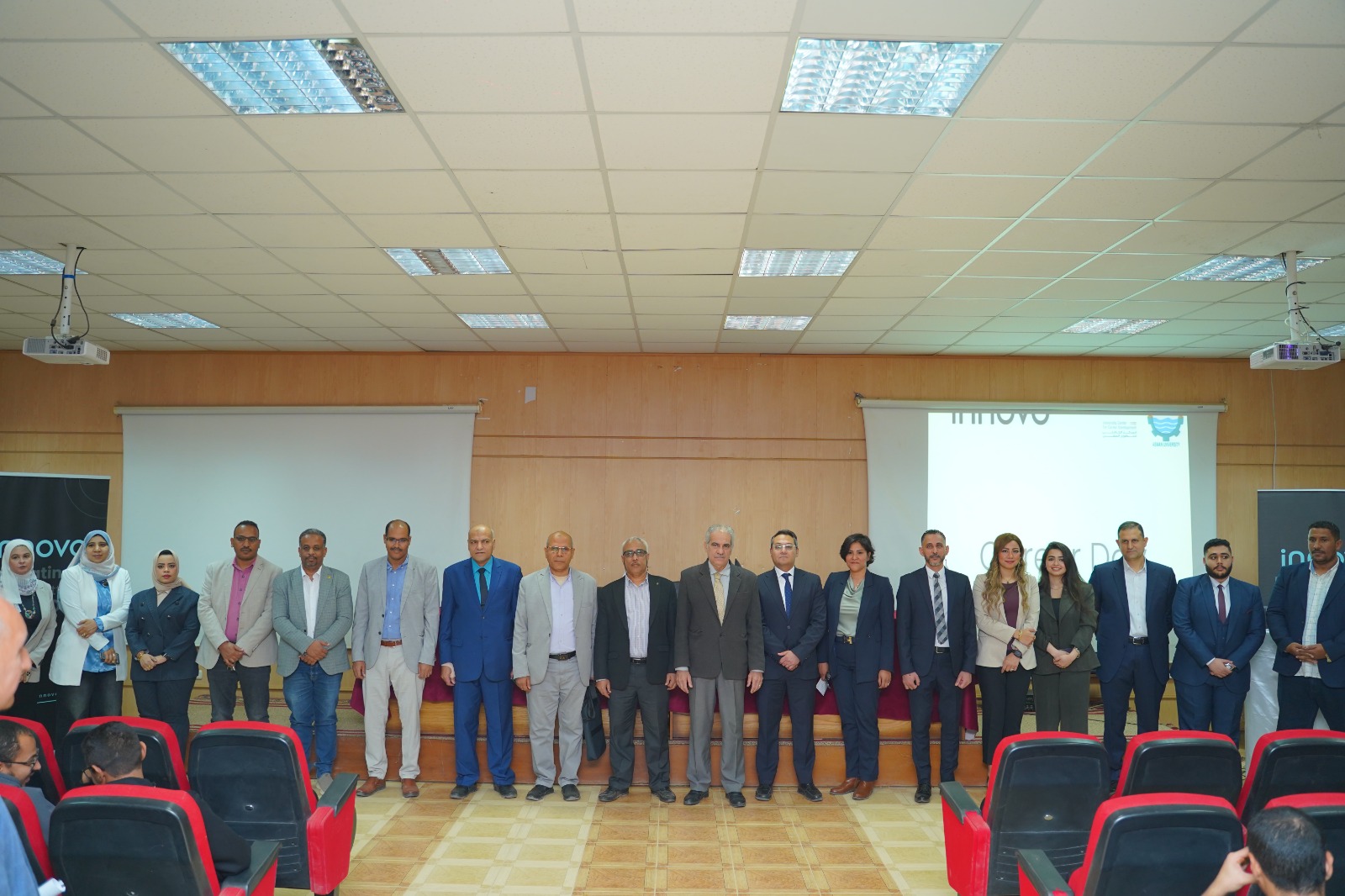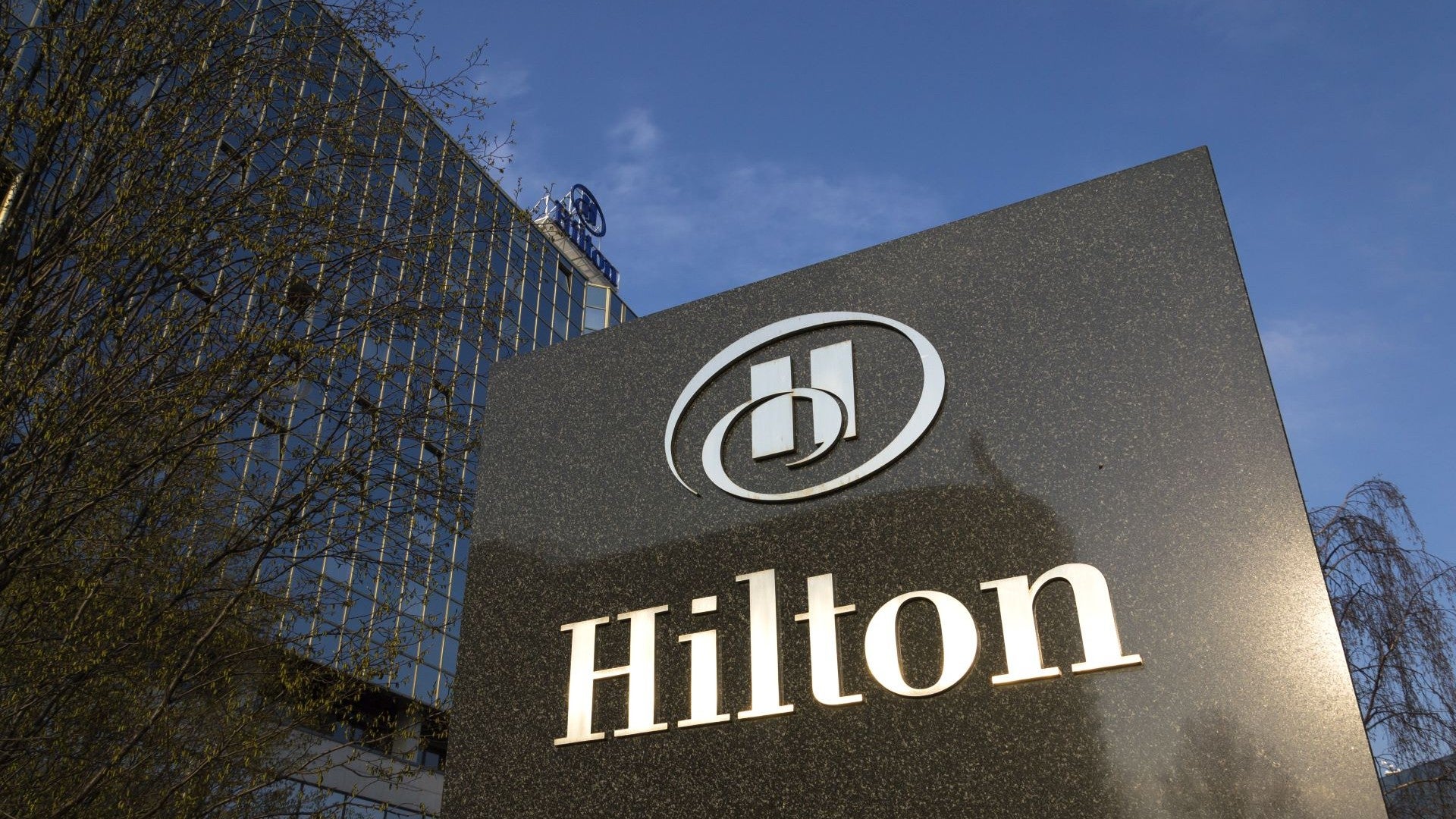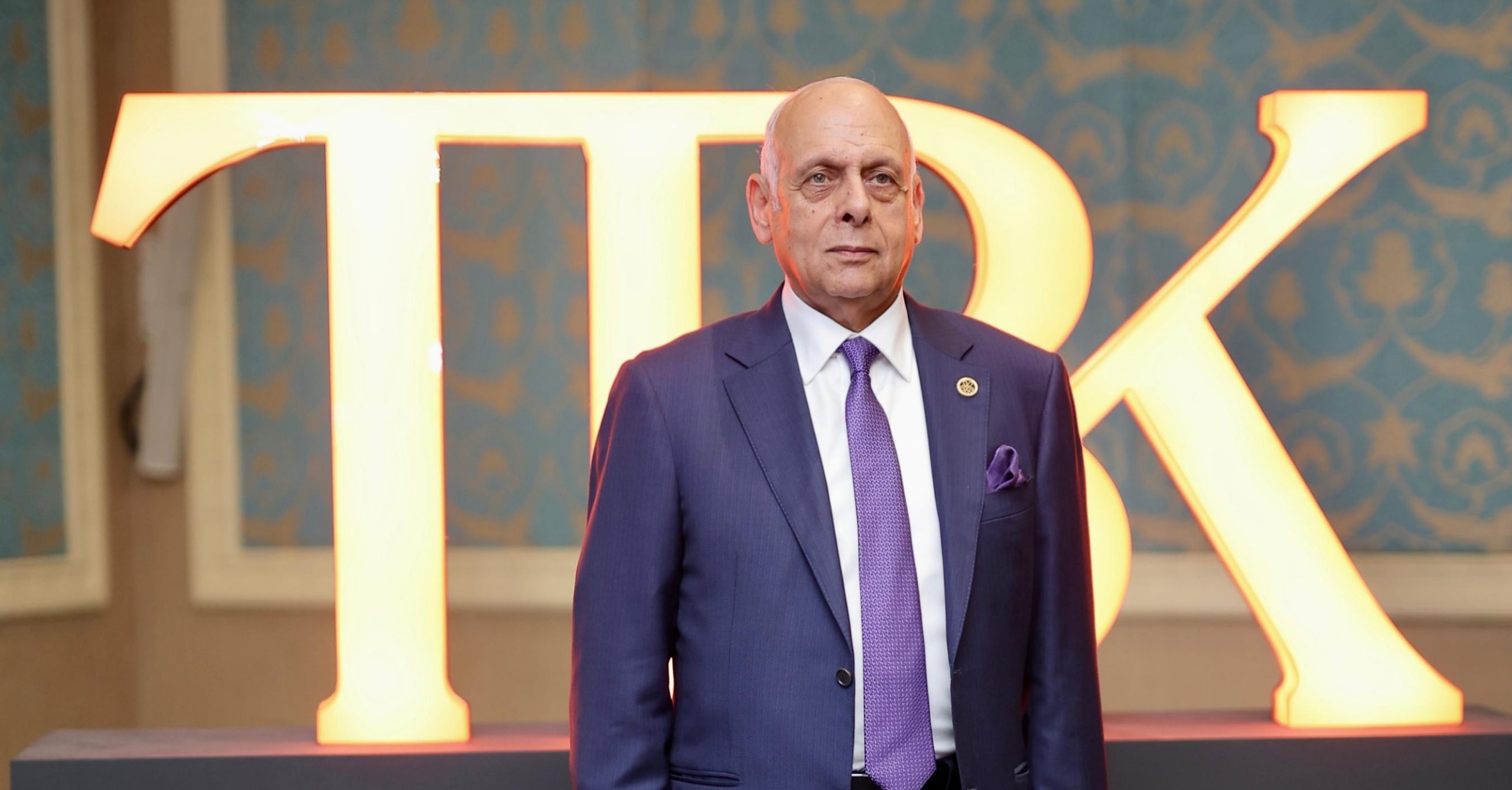Dubai- Masaader News
Saudi Arabia, the UAE and other Arab countries responded well to internet and broadband challenges brought by the novel coronavirus, according to a World Bank blog post, according to alarabiya.
In the Middle East and North Africa (MENA) region, the demand for broadband services and data increased significantly due to the pandemic, according to the World Bank. COVID-19 has caused widespread disruption, and as more move to working from home and seek to limit face-to-face interaction, digital connectivity has become a lifeline for keeping in touch with family and friends, working, and completing mundane tasks, like filling out government forms.
“In the Kingdom of Saudi Arabia, the government has managed to secure continued access to various e-government services thanks to its continuous investment in modern digital infrastructure and digital government platforms over the past two decades,” read the World Bank report by Boutheina Guermazi, director of digital development.
The Kingdom has also developed e-learning platforms, and the national educational portal Ain has become the main channel of education for more than 6 million users. The portal has provided 30,000 devices to students in need and more than 100,000 interactive digital learning hours for undergraduate students, the World Bank said.
Elsewhere in the region, the Egyptian government and Palestinian people have also taken steps to ensure education continues under lockdown.
In the UAE and Oman, governments have unblocked some Voice over Internet Protocol (VOIP) services that allow individuals to cheaply make calls via apps, rather than relying on telecom companies. In Egypt, Tunisia, Lebanon, Iraq, Bahrain and Palestine, governments have made payments for internet services more flexible or increased speed of internet for subscribers.
Guermazi identified several bottlenecks in the sector, including the inability of some telecom operators to continue business operations as employees were required to be physically present, the disruption of global trade, increased theft and vandalism of communications equipment, and increased cyberattacks and fake news.
“With the transition to recovery and countries re-opening slowly and cautiously, and as economic activity picks up again, MENA countries should work to increase the capacity of broadband connections, manage network congestion, ensure continuity of vital public services and enhance digital financial technologies,” she wrote.











